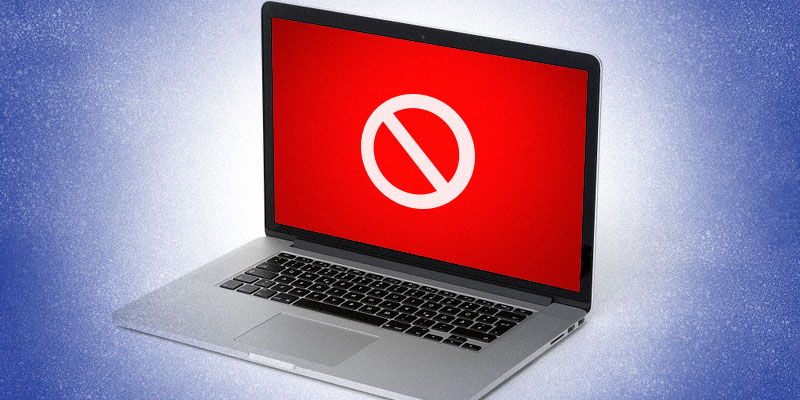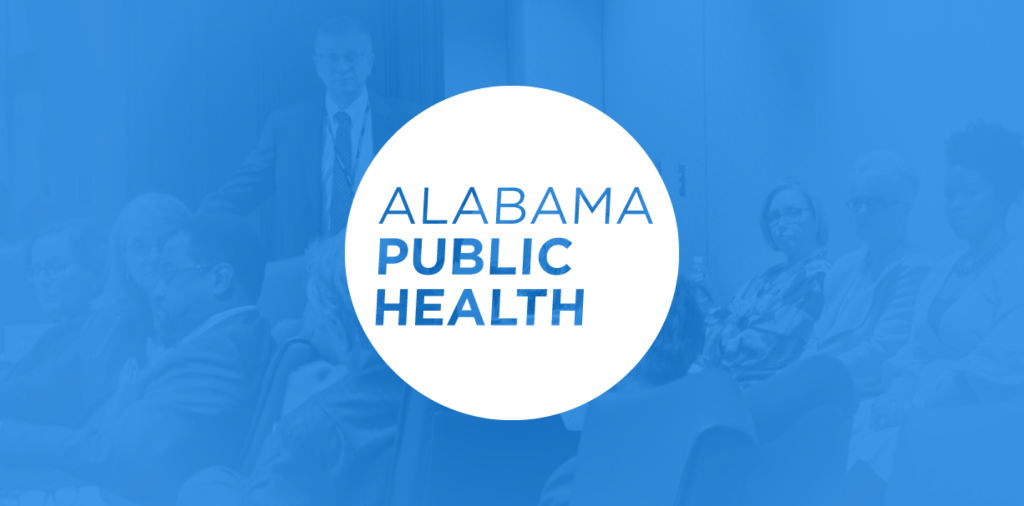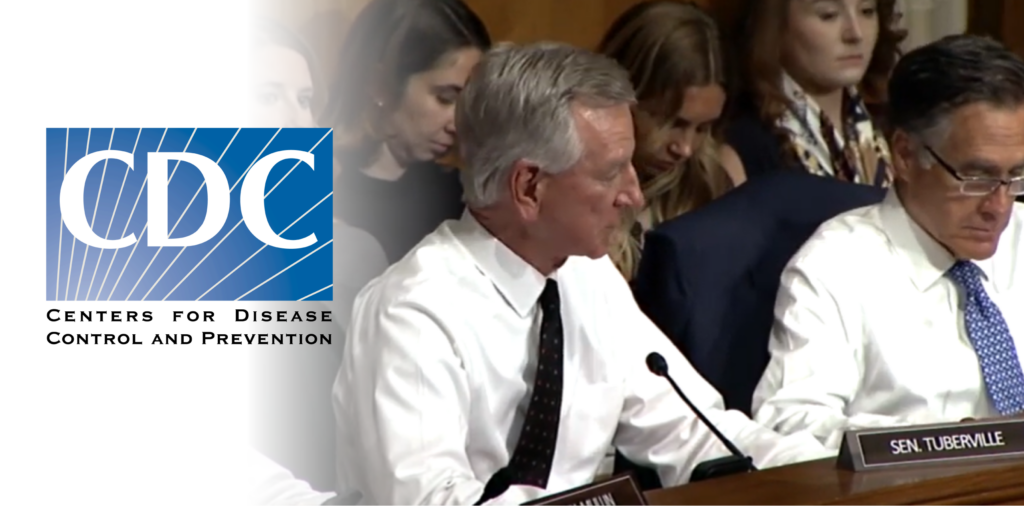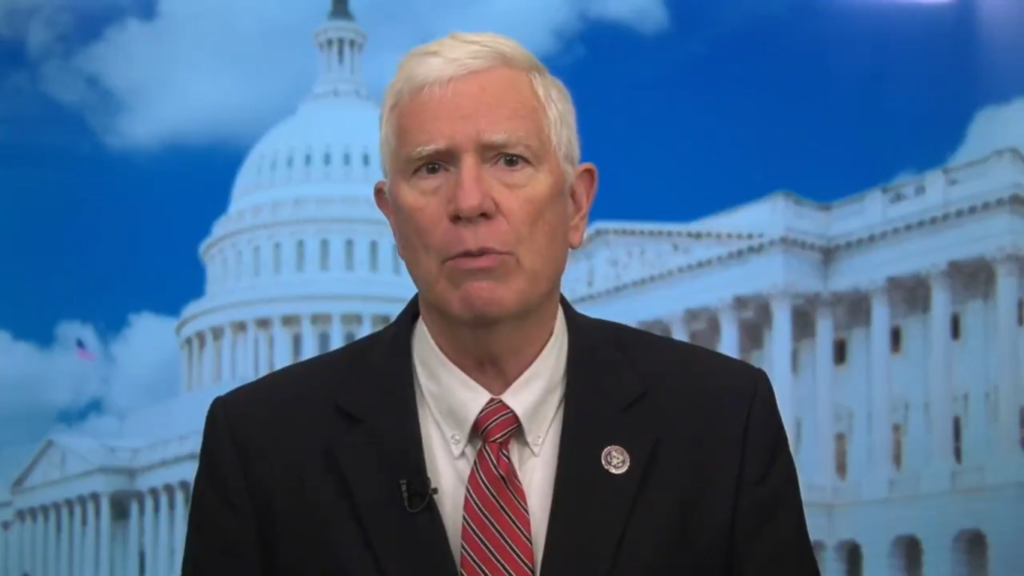There are no confirmed cases of Ebola in Alabama but we must be prepared should a case be identified. pic.twitter.com/BwcTl3omdB
— Gov. Robert Bentley (@GovernorBentley) October 8, 2014
MONTGOMERY, Ala. — After a confirmed case of Ebola surfaced in Dallas a few days ago, states are taking precautions to make sure they’re prepared to respond properly if the disease spreads. In a Tuesday morning press conference, Governor Bentley addressed Alabama’s preparedness in case of an Ebola diagnosis in the state.
“In the event that Ebola spreads to Alabama, we are ready and we are prepared to respond,” said Bentley. “The Department of Public Health and the Hospital Association have partnered together to ensure every healthcare worker in Alabama knows the proper steps to identity someone with the potential to have Ebola.”
Ebola is not transmitted through the air. The only way to catch the disease is by coming into contact with the bodily fluids of someone who is infected. Bentley said health workers have been trained in recognizing the symptoms of Ebola and how to respond to any suspected cases.
“The Alabama hospital association has provided a checklist to all Alabama hospitals from the Center for Disease Control and Prevention,” said Bentley. “The checklist provides practical and specific suggestions to ensure hospital staffs are able to detect Ebola cases, protect employees and respond appropriately to patients.”
State Health Officer Dr. Donald Williamson noted that the most realistic scenario for Alabama to encounter Ebola is if an individual who contracted the disease in West Africa traveled to the United States.
“It’s at that point the preparedness kicks in,” said Williamson. “There is nothing we can do about that first case. What we want to try to prevent are the cases that arise from that first case.”
Every hospital in Alabama has been given a toolkit with information on ways to protect hospital staff and questions to ask patients who might have Ebola. Dr. Williamson said that simple safety procedures like wearing protective gear and giving patients private rooms can help contain the spread of Ebola.
Bentley said that CDC officials have been using the Center for Domestic Preparedness in Anniston, Ala., to train health care workers who are getting ready to respond to the Ebola outbreak in West Africa.
“Again, let me say: We have no reason to believe that anyone in Alabama is infected at this time, or is at risk at this time.” said Bentley. “But if it does happen, we want everyone to know that Alabama…will be prepared.”
RELATED: Did Auburn University just save the world from Ebola?
Follow Cort on Twitter @CortGatliff












